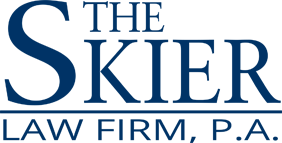A social media influencer stands accused of attempting to sway the outcome of an election by disseminating materially false information. Douglas Mackey, (also known as Ricky Vaughn, the name of Charlie Sheen’s character in Major League). However, it isn’t clear that he did anything illegal.
Mackey is accused of setting up a Twitter account with more than 50,000 followers. He told these followers that they could vote early by texting a specific number with their candidate’s name. This turned out to be untrue. But the First Amendment allows individuals to lie. The only time when lying is illegal is when you are lying to the government under oath. In other cases of contract fraud, lying is actionable, but not necessarily a crime.
However, according to the federal government, Mackey’s actions constitute voter fraud, vote theft, and are actionable. Mackey could, however, try to raise a First Amendment defense to the charges.
Understanding the First Amendment
The First Amendment doesn’t do everything that most laypeople think it does, but it does allow the free interchange of political opinion. While in the recent past, the media has been tightly controlled by corporations that funnel many of their executives into the FCC and back and forth, the internet has allowed more laypeople to create blogs, newsletters, Facebook pages, and Twitter profiles that give them as much influence as standard journalism used to provide exclusively. But individuals are also the beneficiaries of First Amendment rights, not just the corporate media.
Understanding the criminal charges
Is it legal to intentionally confuse someone into believing that they’ve cast their vote for their candidate? Perhaps. Is it deluded to believe that a Twitter account with 50,000 followers can sway the results of an election? Maybe. According to federal investigators, about 1,400 individuals texted the name of their preferred candidate to the phony number.
The question then becomes: Can the defendant raise a First Amendment defense to the charges against him? The issue here is one of fraud. The defendant is alleged to have intentionally misled voters to secure a victory for his own candidate. Meanwhile, he was pretending to act at the behest of the other candidate. He is accused of doing this in an attempt to encourage voters to cast useless votes, and, believing that they had cast their votes, cast no vote at all.
False statements of fact are sometimes excluded from the First Amendment. In cases where false statements of fact influence the public good or government operations, they are actionable by precedent. So a First Amendment defense to these charges is unlikely to succeed.
Talk to a West Palm Beach Criminal Defense Attorney
If you’re facing serious charges, call The Skier Law Firm, P.A. today to discuss your situation with an experienced West Palm Beach criminal defense attorney.
Resource:
justice.gov/opa/pr/social-media-influencer-charged-election-interference-stemming-voter-disinformation-campaign

